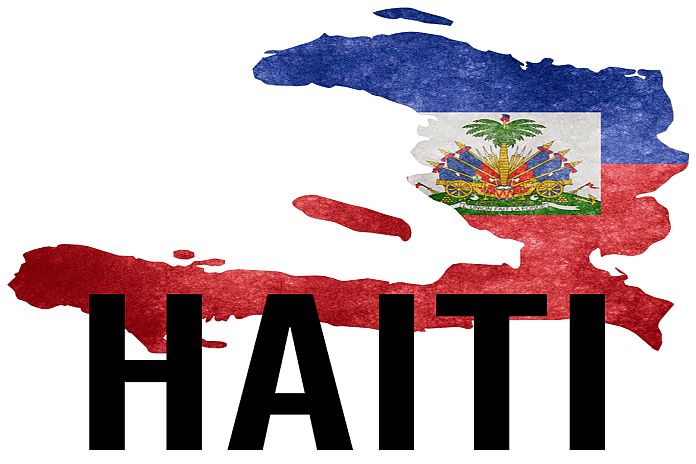IMF executive board approves US$105M food shock window to Haiti

- The Executive Board of the International Monetary Fund (IMF) approved today a disbursement of SDR 81.9 million (US$105 million) to Haiti under the Food Shock Window of the Rapid Credit Facility.
- While Haiti’s population was already suffering severe malnutrition and food insecurity before the war in Ukraine, especially its suffering has been compounded by the surge in food commodity prices.
USA / HAITI – The executive board of the International Monetary Fund (IMF) approved Monday a disbursement of SDR 81.9 million (US$105 million) to Haiti under the Food Shock Window of the Rapid Credit Facility to help Haiti address urgent balance of payment needs related to the global food crisis.
Haiti has been hit hard by the global food price shock. Record price inflation has worsened Haiti’s fragility given the high pass-through from global to domestic food prices and shortages in food supplies. With more than half the population already below the poverty line, Haiti faces a dire humanitarian crisis, with an expected financing gap in FY2023 of at least US$105 million (0.5 percent of GDP), assuming import compression and pending additional external financing from development partners. This shock compounds the hardships of an already highly fragile country – also suffering a public health emergency (cholera) and serious security risks.
Following the executive board’s discussion, Antoinette Sayeh, deputy managing director and acting chair, issued the following statement:
“Haiti is facing a dire humanitarian crisis and was hit hard by the economic spillovers from Russia’s invasion of Ukraine. These spillovers included record price inflation that worsened Haiti’s fragility and compounded the suffering of Haiti’s population already affected by a severe malnutrition. Measures are being taken by the government to cushion the impact of the food price shocks on the population and to expand the social safety nets.
“IMF emergency support under the food shock window of the Rapid Credit Facility will help fill the balance of payment gap and support those most affected by food price rises through feeding programs and cash and in-kind transfers to vulnerable households waive school fees and other measures.
“To address the crisis, budgetary resources will need to be allocated toward priority spending on food programs and to increase social assistance toward the most vulnerable. To ensure the appropriate use of emergency financing, which will be vital for catalyzing further donor support and mitigate risks to debt sustainability, the authorities should carefully control, track, record, and publish all spending related to the emergency response. Supported by close Fund engagement, they should undertake internal expenditure audits by all the line ministries involved in the use of emergency resources provided under the food shock window through the General Inspectorate of Finance and communicate these internal audits to the Supreme Audit Court in a timely way.
“The combination of appropriate macroeconomic and structural policies under the Staff-Monitored Program (SMP) provides additional safeguards for the Fund’s outstanding obligations. While providing adequate liquidity support to the financial sector, the central bank should reduce monetary financing of the deficit and limit foreign exchange interventions to smoothing volatility.
“The SMP is also catalytic to donor support. A successful implementation of Haiti’s SMP would be key in the process of restoring macroeconomic stability and sustainability, strengthening the social safety net, and tackling governance weaknesses and corruption.”
Source: caribbeannewsglobal.com

